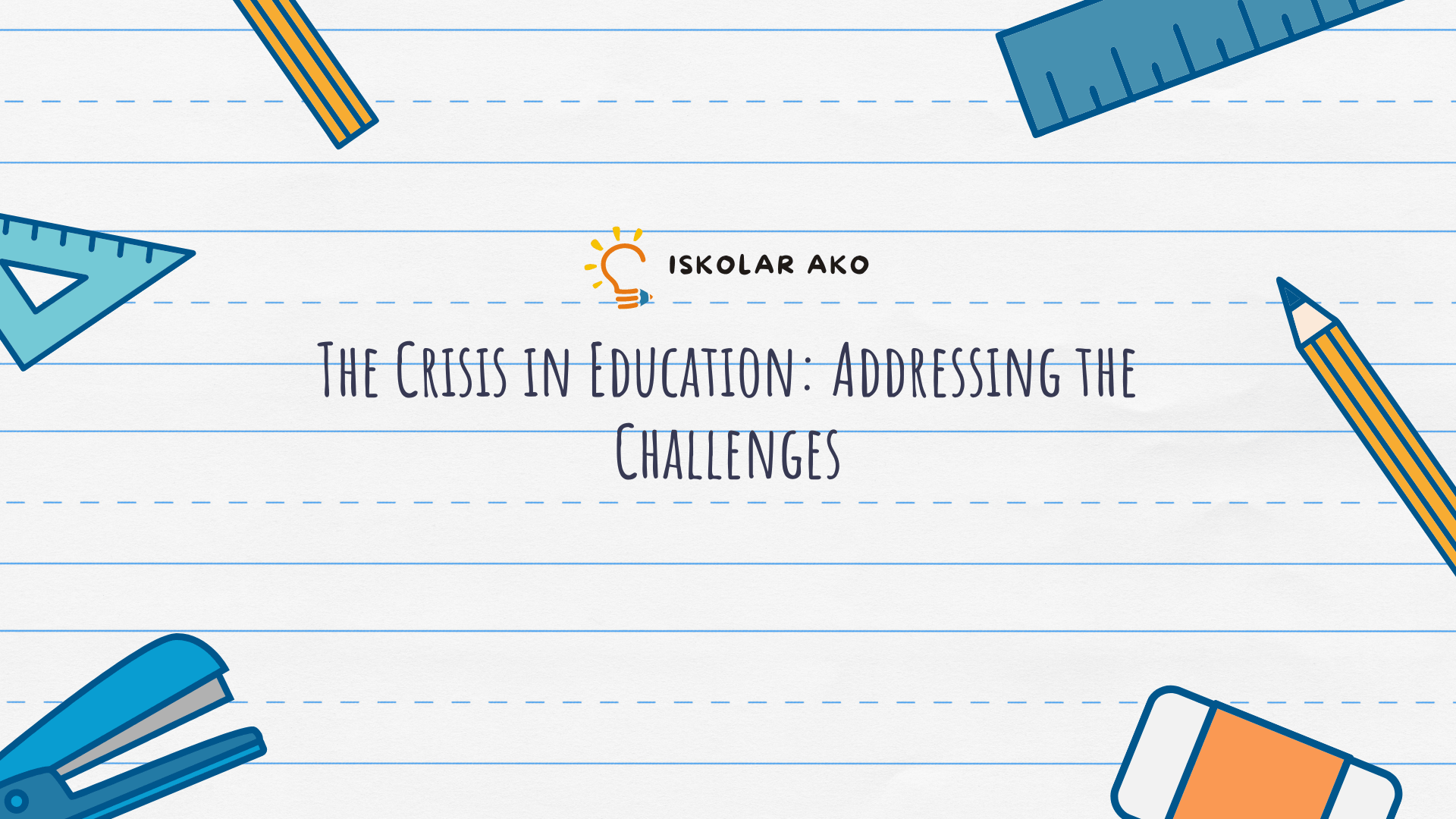
Our nation’s education system is facing a crisis that demands urgent attention. Recent reports have shed light on the severity of the situation, revealing that the challenges we face are even more significant than previously believed. While there are reasonable doubts about the government’s ability to effectively address these issues, we must come together as a society to find solutions.
One of the primary concerns is the lack of adequate funding for education. Despite spending less on education as a percentage of GDP compared to our neighboring countries, it is not solely a matter of financial resources. The Department of Education (DepEd), which receives the largest budget among all government departments, seems to lack the capacity to effectively utilize these funds. The inefficiency in expenditure and the prevalence of corruption further exacerbate the problem.
An alarming statistic that highlights the gravity of the situation is the performance of Grade 10 Filipino students in comparison to their ASEAN counterparts. Unfortunately, our students scored the lowest among all ASEAN countries, except for Cambodia. This is a cause for concern, as it indicates a significant gap in the proficiency levels of our learners, particularly in subjects like math and science.
To address these challenges, it is essential to identify the root causes and implement targeted strategies. One crucial aspect is improving the quality of education provided to our students. This involves enhancing teacher training programs, updating curriculum frameworks, and promoting innovative teaching methods that foster critical thinking and problem-solving skills.
Additionally, there is a pressing need to address the issues of inefficiency and corruption within the education system. Transparency and accountability must be prioritized to ensure that funds are allocated and utilized effectively. Implementing stringent measures to prevent and punish corruption will help restore public trust and confidence in the education sector.
Furthermore, it is crucial to foster partnerships between the government, private sector, and civil society organizations. Collaboration and shared responsibility can lead to innovative solutions and the mobilization of additional resources to support education initiatives. By working together, we can create a conducive environment for learning and provide our students with the tools they need to succeed.
It is important to recognize that addressing the crisis in education requires a long-term commitment and sustained efforts. It is not a challenge that can be overcome overnight, but with dedication and collective action, we can make significant progress toward a brighter future for our education system.
In conclusion, the crisis in education demands immediate attention and concerted efforts from all stakeholders. We must acknowledge the severity of the challenges we face and work towards implementing effective solutions. By prioritizing quality education, addressing inefficiency and corruption, and fostering partnerships, we can pave the way for a better future for our students and our nation as a whole.


